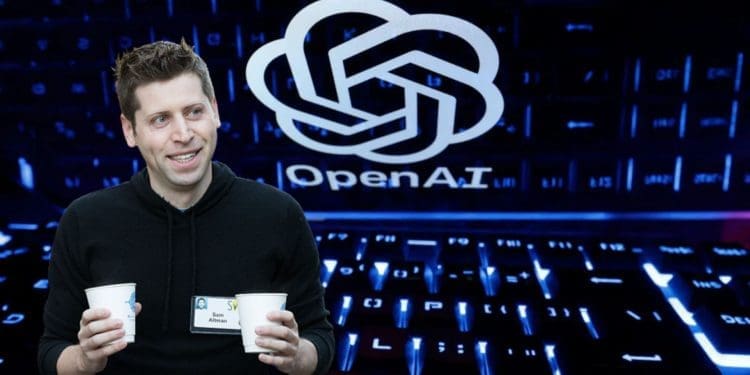- OpenAI unveiled GPT-4 Turbo, its most advanced AI model yet, with responses through April 2023 and ability to process 300 pages of text.
- OpenAI opened up personalized ChatGPT chatbots to all users and developers without coding required.
- OpenAI introduced the GPT Store, an AI app marketplace for discovering and sharing customized chatbots.
On Monday, November 6th 2023, artificial intelligence research company OpenAI held its first in-person event where it announced several major updates regarding its AI capabilities. Most notably, OpenAI revealed GPT-4 Turbo, the latest and most powerful version of its natural language AI to date. The company also announced new customization options for ChatGPT, price reductions, and other improvements. These announcements demonstrate OpenAI’s rapid progress in AI as it competes with rivals like Anthropic, Google, and Meta.
GPT-4 Turbo: A More Powerful, Knowledgeable AI
The headliner of OpenAI’s event was the official unveiling of GPT-4 Turbo. This updated AI model provides responses with context up to April 2023, unlike previous versions capped at January 2022. For example, GPT-4 Turbo can now answer questions about events that happened in 2022, like who won the Super Bowl in February.
In addition, GPT-4 Turbo accepts much longer inputs – up to 300 pages of text compared to only 3,000 words before. This allows users to summarize entire books by providing the full text. The new AI also supports text-to-speech with 6 preset voices and can generate images through integration with DALL-E 3.
For developers, GPT-4 Turbo also comes with reduced pricing. Input tokens are now 3x cheaper at $0.001 per token, and output tokens are 2x cheaper at $0.003. This significant discount makes it more affordable to run large volumes of text through these powerful AI models.
Personalized Chatbots for All
Until now, customizing ChatGPT for specific use cases required enterprise and business plans. However, OpenAI has now opened up personalized chatbots to everyone. Users can easily train ChatGPT with their own data and instructions without any coding required.
Over 2 million developers building tools with ChatGPT’s API can also customize the chatbot for their own apps and websites. This means personalized AI assistants may soon become ubiquitous across the internet.
The GPT Store: An AI App Marketplace
To support all these new customizable chatbots, OpenAI introduced the GPT Store. This functions like an app store where people can publish their customized GPT chatbots for others to download and use. In the coming months, creators will even be able to monetize their AI apps based on usage.
The GPT Store allows easy discovery of personalized chatbots for different purposes like productivity, education, and entertainment. OpenAI will spotlight the most useful and delightful AI apps to recommend to users.
Streamlined Experience: Images, Browsing, and More
Previously, using OpenAI’s different AI products required jumping between various websites and apps. Now, features like image generation, web browsing, document upload, and PDF search are integrated directly into ChatGPT for a streamlined experience. Users no longer need to leave the chat interface to leverage OpenAI’s full suite of AI capabilities.
Legal Support for Users
As AI generative models raise new legal concerns around copyright, OpenAI announced the “Copyright Shield” initiative. This program will provide legal support and cover costs if customers face claims of copyright infringement relating to ChatGPT or other OpenAI tools. The company aims to stand behind users as they explore these emerging technologies.
Conclusion
With powerful new models like GPT-4 Turbo, customizable chatbots, an AI app store, enhanced features, and legal backing, OpenAI cemented its leadership in artificial intelligence during its inaugural in-person event. The impressive pace of development shows OpenAI’s commitment to pushing the boundaries of what AI can do while expanding access so more people can benefit from this technology. While competition continues to heat up in the AI space, OpenAI appears determined to retain its advantage through rapid iteration and a focus on user needs.














